Hundreds of people gathered at Primrose Hill Viewpoint in Camden to break the world record for ‘most people to simultaneously switch off their mobile phone’.
The gathering on Saturday 29 March was the latest event organised by The Offline Club, an international organisation promoting offline social and creative events.
With over 900 core members, the London Chapter of The Offline Club has grown exponentially since its establishment in September 2024, regularly attracting hundreds to their Offline Hangouts which urge people to swap screen time for real time.
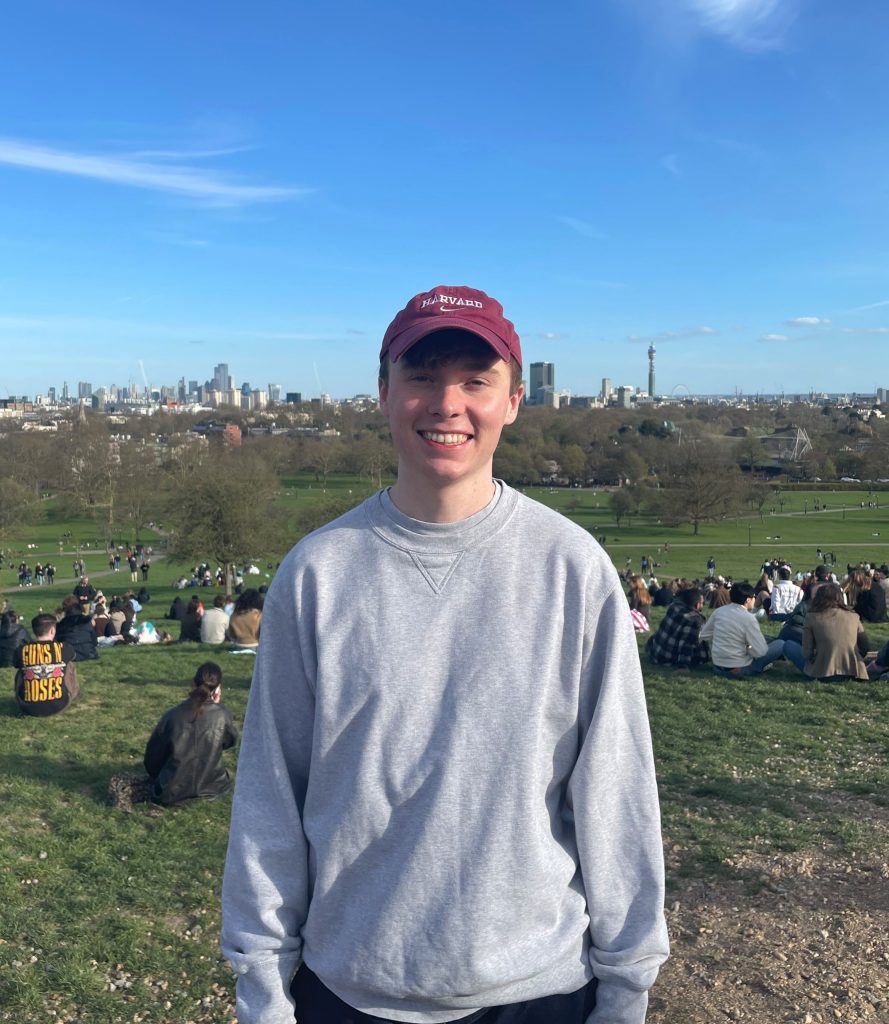
Leader of the club’s London chapter Ben Hounsell said: “Phones are like a Swiss Army Knife – you can literally use it for anything in the world.
“We need to decide on which tools we want from the Swiss Army Knife, the ones that work for us.”
Hounsell emphasised that he was in no way anti-techonlogy, but wanted to promote mindfulness in relation to digital activity.
Reflecting on the downstream effects of excessive social media use in particular, Hounsell said that declining mental health and alleged reductions in attention spans could be linked to time spent online.
Data on average screen-time use is difficult to accurately source since it is often self-reported.
Opal, a company offering screen-restriction services, claimed the average UK adult spends 28% of their day – five hours and six minutes – on screens.
However, the Offline Club suggests this figure could be closer to 40%.
In Hounsell’s view, spending time offline is the only way to combat this behavioural trend, with the world record switch-off event acting as a symbolic response to problematic screen-use.
He said: “People are coming to the realisation they spend too much time on their tech.
“The reason why our events are so good is the intentionality behind it.”
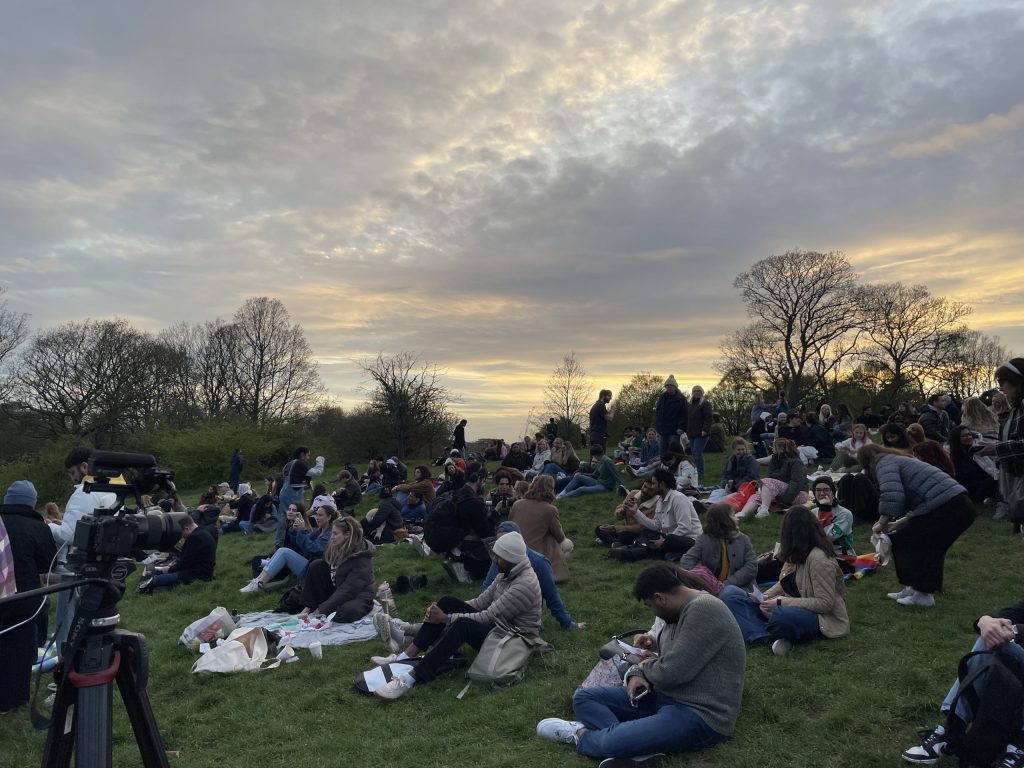
The sentiments expressed by The Offline Club are echoed by a smaller ‘digital detox’ organisation, the Logging Off Club, based across the South Coast and London.
India Blake, who runs the group alongside Adele Zeynep Walton, said social media addiction was curtailing people’s interpersonal connections.
Blake said: “It’s difficult because it does offer people a way of connecting with other people, but over a long period of time you’re not getting the same fulfilment.
“There’s the little death of small talk, and the rise in mental health stuff must be correlated.
“When you’re waiting in a line, at the supermarket, or waiting for you coffee to be made, on the bus, it’s almost instinct now for our generation to just sit there on their phone.”
Blake added that at the grassroots level, Logging Off Club could more intimately promote the connection, wellness and curiosity of members, giving them an alternative third space to find downtime and community.
She said: “The term third space is quite overused, but I do think it is real.
“Your home, your place of work, and then everybody’s third space is kind of online now.”
Major new research published earlier this year by YouGov and The Times suggested a growing number of young people resent the impact social media has had on their lives.
A greater proportion of Gen Z Britons – those born between 1997 and 2012 – believe social media has done them more harm than good (39%), compared to those who believe its has done more good (29%) or neither (25%).
Also, 83% of Gen Z are in favour of banning social media for children aged under 13.
Dr Ruth Plackett, senior research fellow at University College London, studied the benefits of social media use in help-seeking, as well as the potential harm it does to young adults’ mental health.
Dr Plackett suggested the jury was still out on a provable, causal link between social media use and mental health, one way or the other.
In particular, she said the complexity and overlapping nature of what can impact mental health means isolating social media use as a category is difficult.
She said: “If you think about it, if we took away everyone’s social media away, do we think mental health problems would disappear overnight?
“I don’t think anyone really thinks that.”
Nevertheless, Dr Plackett claimed that in the context of problematic social media use, there was a body evidence to suggest more effective interventions to improve those users’ well-being.
In a 2022 meta-analysis of over 20 studies, it was found the most effective intervention for problematic social media use incorporated a therapy-based method of some kind.
Interventions which emphasised limiting or completely abstaining from social media were found to be less effective.
Applying the findings to organisations like The Offline Club and Logging Off Club presents a curious picture, the evidence implying the most effective aspect of these clubs is their social and therapeutic base ethos rather than their offline or digital detox principles.
Dr Plackett said: “The study suggested that giving up social media – this idea of the ‘digital detox’ – wasn’t that effective for everybody, but that it might be more effective if combined with some of these therapeutic ideas around mindfulness, reflection and perhaps a bit of social therapy.
“The [interventions] which did have what I’ve labelled therapeutic elements.
“That is, doing things as a group, doing social activities, replacing some of that digital activity with social interaction, purposefully. Those did seem to do better.”
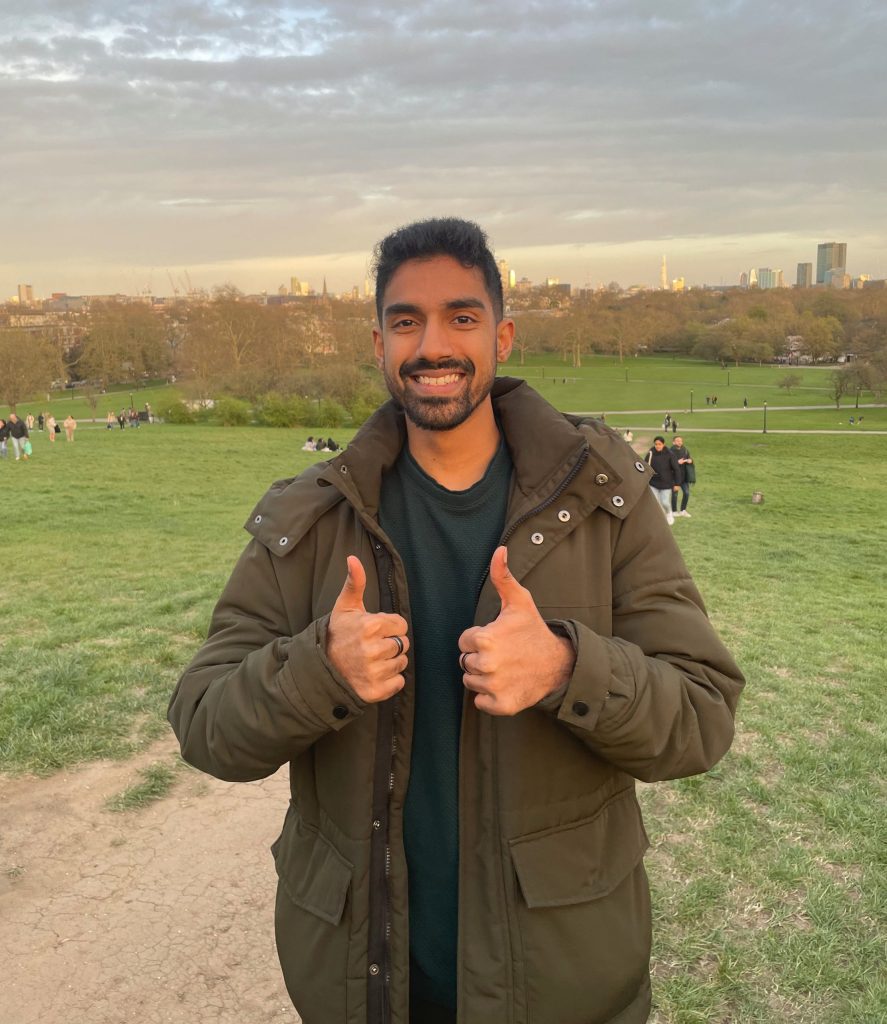
Despite the lack of scholarly consensus, attendees of The Offline Club’s event said they had been drawn to the unique ethos of the Primrose Hill meet-up.
Kevan Jacob, who travelled from the Isle of Dogs, said: “The moment I saw ‘Offline’, it caught my eye.
“When I opened the page, it said ‘world record’ and I thought, ‘Okay, this is my moment to be a part of history’.”
When asked about The Offline Club’s attempts to help those struggling with problematic social media use, Jacob said more events like that day’s were needed for outreach.
He said: “I think it’s about getting the word out because this event somehow got the word spread.
“But there must be so many more people that we don’t even know about, and I think this event just somehow caught everyone’s attention.”
The Offline Club itself estimated well over 1,000 people turned up to the meet-up last week.
Further planned meet-ups include hangouts at the Sheriff Centre in Hampstead and the House of Transformation in Haggerston.
Feature image credit: Toby Carmichael
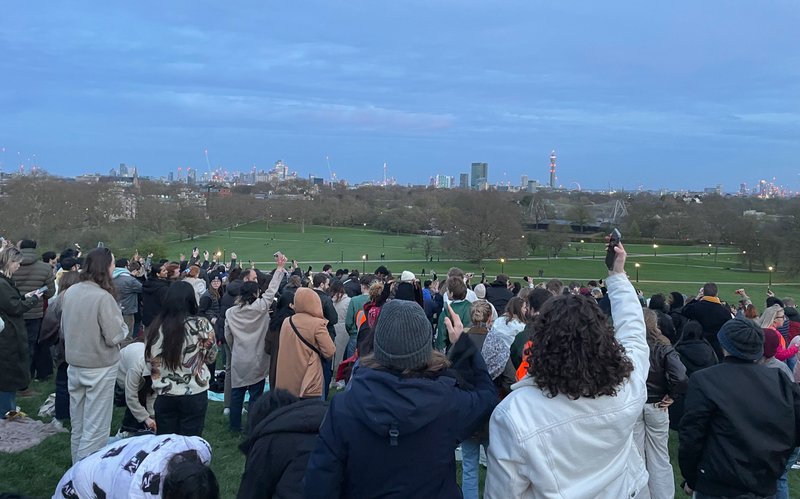
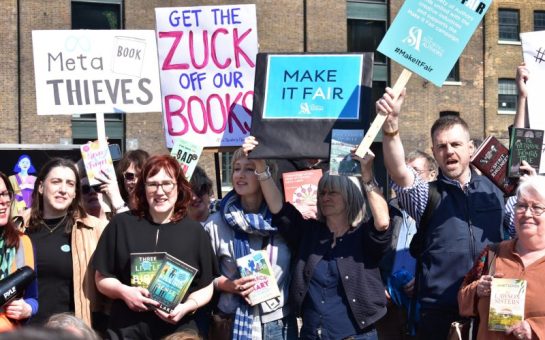

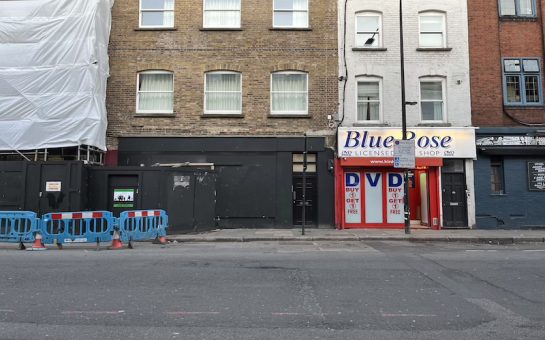
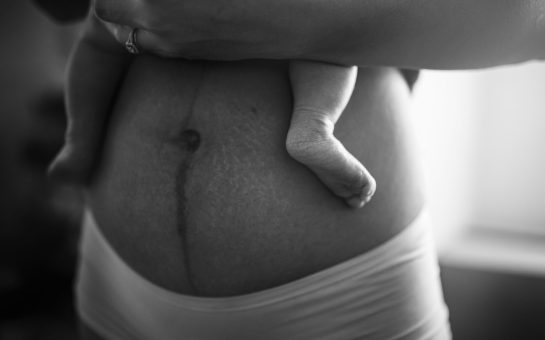
Join the discussion